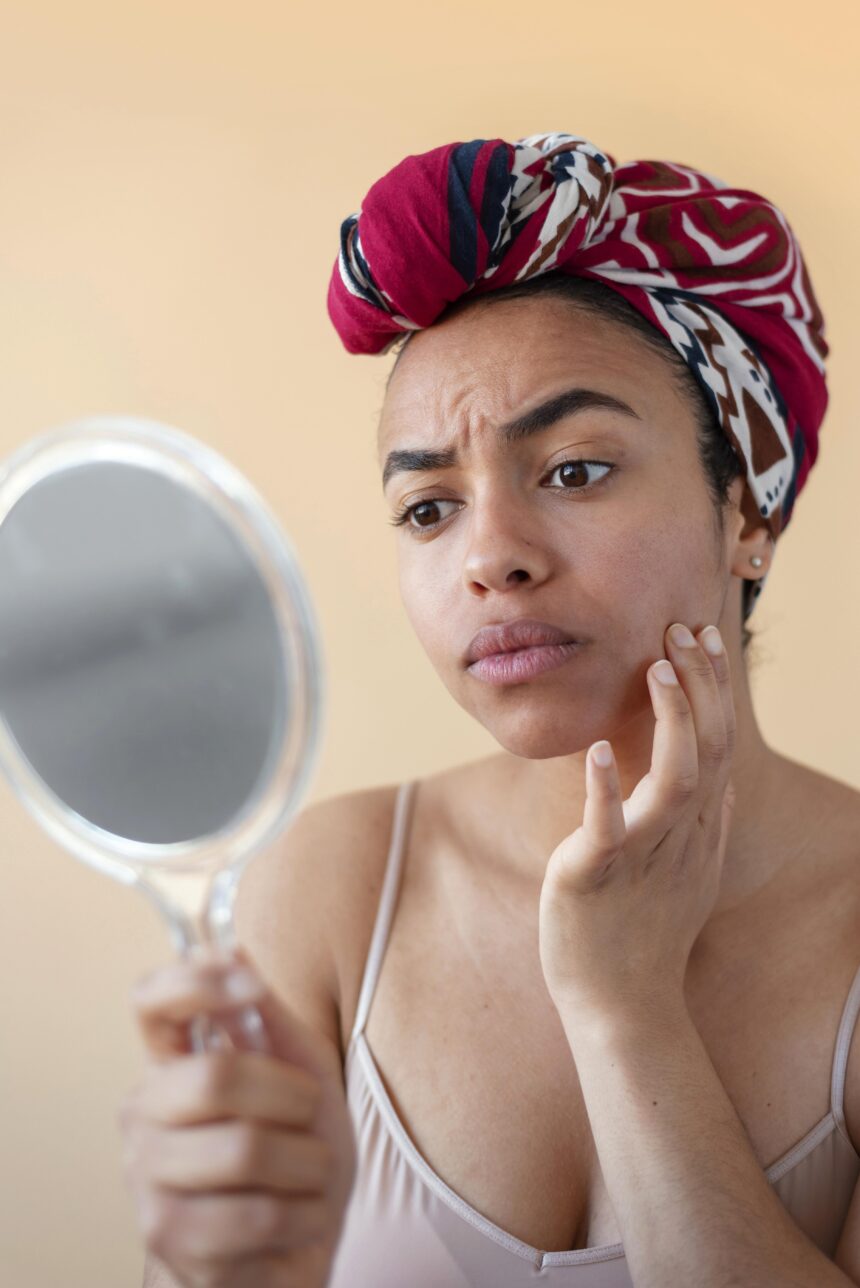Managing Chronic Skin Conditions in South Africa
Chronic skin conditions can significantly impact the quality of life for individuals in South Africa and around the world. These conditions, such as eczema, psoriasis, acne, and dermatitis, often require ongoing management to alleviate symptoms and reduce flare-ups. While each skin condition is unique, there are some general strategies that can help individuals effectively manage their chronic skin conditions in South Africa:
- Establish a Skincare Routine: Developing a consistent skincare routine is essential for managing chronic skin conditions. Use gentle, fragrance-free cleansers and moisturizers that are suitable for your specific condition. Avoid harsh soaps, hot water, and abrasive scrubbing that can further irritate the skin. Apply moisturizers regularly to keep the skin hydrated and protected.
- Identify Triggers: Pay attention to factors that trigger your skin condition flare-ups. Common triggers include certain foods, environmental allergens, stress, hormonal changes, and exposure to irritants. Keep a journal to track potential triggers and discuss them with a healthcare professional. By identifying and avoiding triggers, you can minimize the frequency and severity of flare-ups.
- Moisturize Properly: Moisturizing the skin is crucial for individuals with chronic skin conditions. Opt for moisturizers that are hypoallergenic, non-comedogenic, and free from fragrances and other potential irritants. Apply moisturizer immediately after bathing or showering to lock in moisture. For severe dryness, consider using occlusive moisturizers that create a barrier on the skin to prevent moisture loss.
- Sun Protection: Protecting your skin from the harmful effects of the sun is essential for managing chronic skin conditions. Use broad-spectrum sunscreen with a minimum SPF of 30 and reapply it every two hours, especially when outdoors. Wear protective clothing, such as wide-brimmed hats and long-sleeved shirts, and seek shade when the sun’s rays are the strongest.
- Avoid Harsh Chemicals: Harsh chemicals, such as certain detergents, fabric softeners, and cleaning products, can irritate the skin and trigger flare-ups. Opt for gentle, fragrance-free alternatives when choosing household products. Wear gloves when handling chemicals or cleaning agents to protect your skin.
- Stress Management: Stress can exacerbate chronic skin conditions. Find healthy ways to manage stress, such as practicing relaxation techniques, engaging in regular physical activity, getting enough sleep, and seeking support from friends, family, or mental health professionals. Consider incorporating stress-reducing activities, such as yoga, meditation, or hobbies, into your daily routine.
- Avoid Scratching: Itchy skin is a common symptom of many chronic skin conditions, but scratching can further aggravate the skin and lead to infections. Instead of scratching, try using a cold compress, applying a moisturizer, or using over-the-counter anti-itch creams or ointments. Keep your nails short and wear soft, breathable fabrics to minimize skin irritation.
- Seek Professional Care: Consult a dermatologist or healthcare professional who specializes in skin conditions. They can provide an accurate diagnosis, recommend appropriate treatment options, and offer guidance on managing your specific chronic skin condition. Follow their advice and attend regular check-ups to monitor your skin’s progress.
- Connect with Support Groups: Joining support groups or online communities can provide valuable emotional support and information about managing chronic skin conditions. Interacting with others who face similar challenges can help you feel less isolated and provide practical tips for coping with your condition.
- Be Patient and Persistent: Managing chronic skin conditions often requires trial and error to find the most effective strategies and treatments for your specific condition. It is important to be patient and persistent in your efforts. Don’t hesitate to seek a second opinion or explore different treatment options if you are not seeing improvement.
Remember, everyone’s skin is unique, and what works for one person may not work for another. It is essential to consult a healthcare professional for personalized advice and guidance based on your specific condition and needs.
Managing chronic skin conditions in South Africa requires a holistic approach that combines proper skincare, identifying triggers, and seeking professional care. By implementing these strategies, individuals can better manage their skin conditions, minimize discomfort, and improve their overall well-being.










